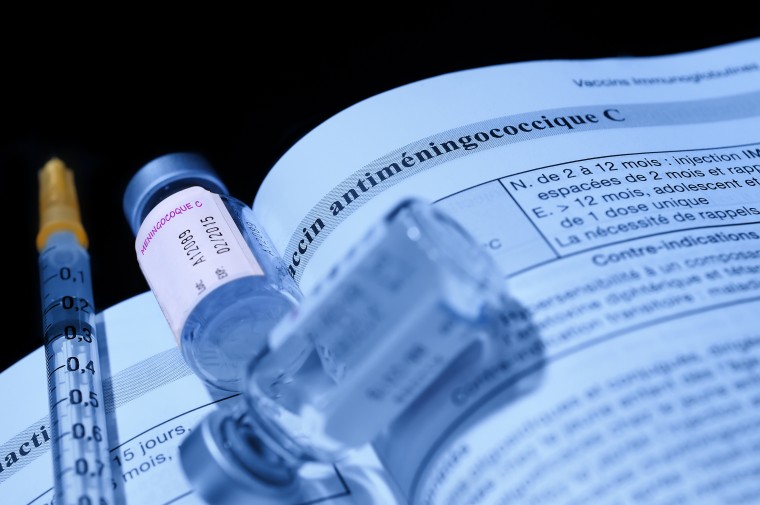BY APPOINTMENTS ONLY

BY APPOINTMENTS ONLY


Meningitis is a deadly disease that spreads very fast. This is why getting vaccinated is recommended when travelling to an area where it is common. If you need meningitis vaccine for this reason or any other, you can find all the information you need here.
The vaccination for meningitis is Meningitis ACWY Vaccine, Nimenrix, and they are scheduled for just one dose. Each dose cost about £150. Meningitis is commonly present worldwide, but Sub-Saharan Africa has a higher risk of this disease.
Every part of the world is prone to meningitis, but the areas with the highest risk are Sub-Saharan Africa. These areas are called the meningitis belt, and the epidemics are common there. This meningitis belt covers countries from Senegal in the Western part of Africa to Ethiopia, which is in the Eastern part. Those going to these areas are advised to get vaccinated before commencing their journey.
The Britain national childhood immunisation now has meningitis C included. Young people often get vaccinated before going to college because of the overcrowding in college and because of their exposure to students whose lifestyles are unhygienic. Going there without being vaccinated will put them at risk of respiratory and throat infection. Those going into armed forces also get vaccinated to prevent them from suffering from the same disease.
This vaccine is also recommended for those who will be visiting Saudi Arabia and sub-Saharan Africa. It does not matter if they had a meningitis C shot when they were children or not.
Meningitis is a bacterial infection that makes the brain and spine to be inflamed. Death has been recorded in 5-12% of cases where medications were not administered. The period of incubation for this infection is about 3-4 days, and its rate of fatality can be as high as 50%.

Meningitis is a contagious disease. People can get infected with this disease by coming in contact with the saliva or air of an infected person either when they cough, sneeze or kiss. Crowds or mass gatherings are the places where meningitis spreads at the fastest rate. Taking long or short trips, being a health worker, visiting places or families and even living in an area with a high risk puts a traveller in danger of contracting this disease.
Meningitis is usually characterised by a sudden onset of fever, stiff neck, nausea, drowsiness, vomiting and acute headache. Sensitivity to light, irritability, confusion, pale and blotchy skin and severe muscle pains are also common symptoms of this infection. Here is a classification of the symptoms of meningitis based on the severity of the infection.
The mild to moderate cases of viral meningitis is characterised by the following symptoms
The symptoms associated with more serious cases are
Very severe cases can lead to unconsciousness, swollen nerves behind the eyes and coma in some cases. If you notice these symptoms that suggest you may have caught meningitis; we advise you call 999 for immediate response and treatment.
Meningitis is commonly spread through kissing, coughing, sneezing, sharing cutlery, cigarettes or toothbrushes. Living with a meningitis patient puts you at a higher risk of getting infected too.
Important guidelines on how to stay safe from meningitis
The drugs we use are Conjugate Vaccine ACWY, which is either called Menveo or Nimenrix. The protection offered by this drug last longer than the others.
This drug is injected into the arms deltoid’s muscle at a dose of 0.5ml powder concentrated liquid. The schedule of this drug is two doses with a month apart for children and one dose for older children and adults.
This drug has some side effects like symptoms of flu, redness, local pain or inflammations. In rare cases, they may be symptoms of meningitis itself.
Those going to Saudi Arabia for Haj or Mecca are required to be vaccinated 10 days before they travel. They also need a special certificate for this travel.
Caution: the polysaccharide vaccine ACWY are no more in stock since we now use the drugs that perform better.
You can locate us for your meningitis drugs and other information you need by booking with us here or calling 02037457527.
The duration of the protection of this vaccine is 5 years or less.
We offer vaccinations for meningitis to people living in or around London. Our service is easy and convenient for everyone. You can call us or visit at The Travel Clinic London at Suit F, 117A Harley St, Marylebone, London W1G 6AT UK.